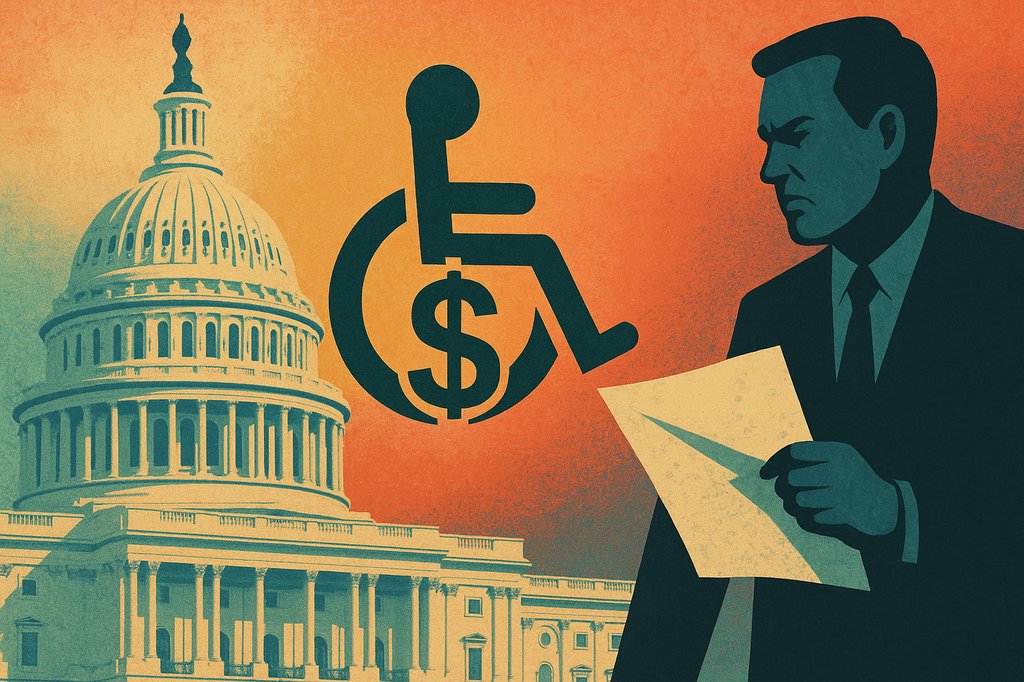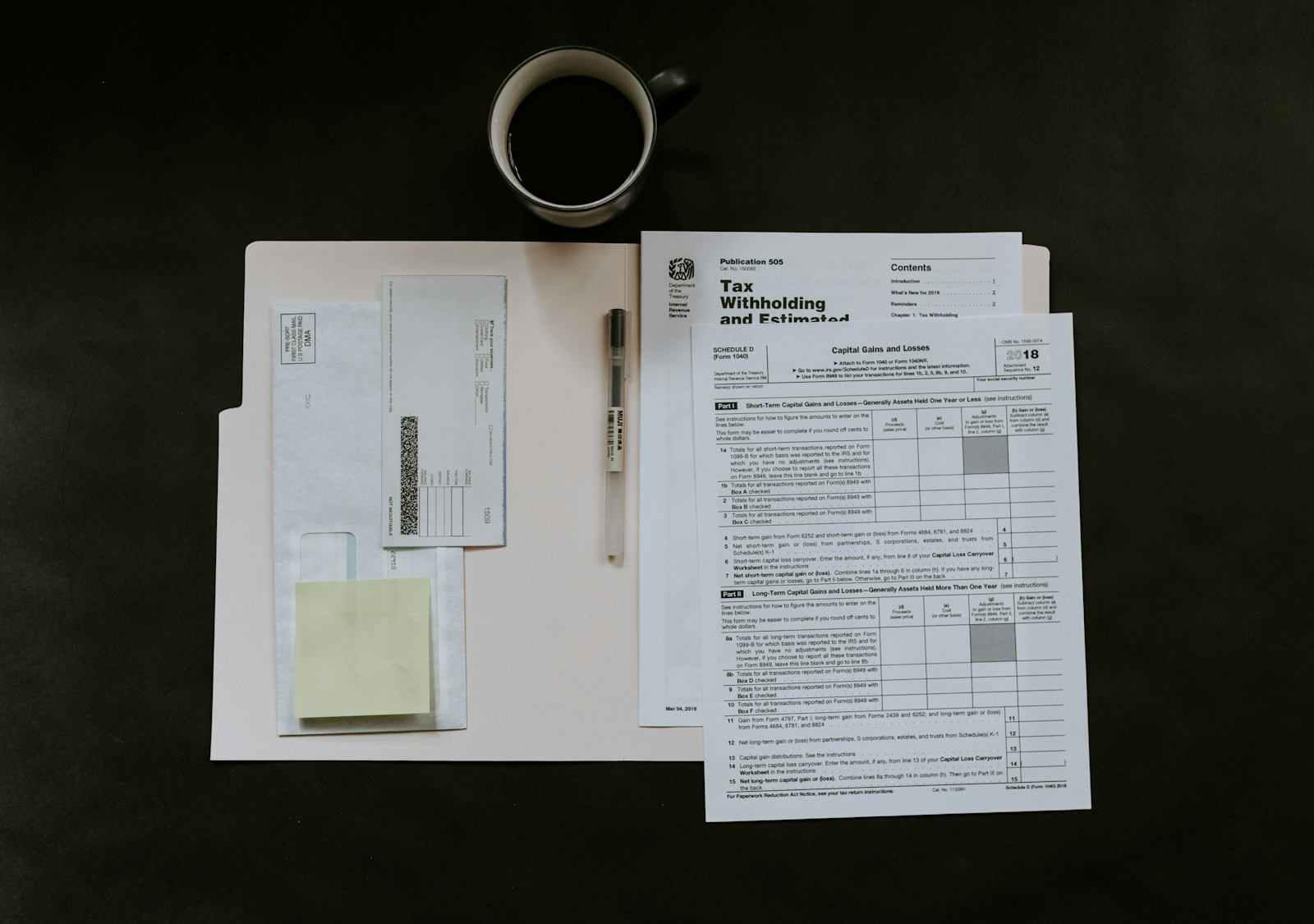Should I increase rental rates every year?
 I know a landlord who charges less than any other rental around, never raises the rent, and is happy about it. He rarely has tenant turnover, but he isn’t making any money, either.
I know a landlord who charges less than any other rental around, never raises the rent, and is happy about it. He rarely has tenant turnover, but he isn’t making any money, either.
Then again, I know a renter who wanted to stay in her rental at least another year, but the management company informed her of a $200 rent increase to renew. She left that place so fast the property managers didn’t know what hit them. A vacancy, that’s what.
There’s an art to striking the right balance between making money on your rental properties and alienating good renters. We’re here to help you hone your art.
Related: How to Raise the Rent in 4 easy Steps [Free Template]
Why rent increases are a part of life
When expenses for owning property go up, raising the rent is necessary to just maintain the bottom line in your rental business. We’re talking expenses for which you have no control:
- Property taxes
- HOA fees
- Mortgage payments with an ARM
- Utilities
- Landlord insurance
- Property management fees
Add in expenses for which you have some control but are still expenses nonetheless:
- Maintenance (lawn care, pest control, gutter cleaning, etc.)
- Repairs (appliance repair or replacement, plumbing issues, tree removal, etc.)
- Vacancies
If you don’t raise the rent when your expenses go up, it’s like taking a pay decrease. Not too many people do that. If the thought of raising the rent at lease renewal time makes you queasy, just run the numbers to determine whether you must increase rent just to maintain your cash flow.
Your expenses don’t determine rent
Higher expenses might be the reason you need to increase rent. But the market ultimately decides how much rent you can charge. If you need to charge more for rent than what comparable units in your area charge, you probably won’t get it. If that’s the case, you should reevaluate whether it makes sense holding onto that property.
You are allowed to make money
You can raise the rent even if your expenses have not gone up or—by some miracle—have decreased. Being a landlord is a business, and the purpose of being in business is to make money. If your rents are lower than area rents, and your property is in comparable shape to those higher-priced rentals around you, go ahead and raise the rent to be on par with the other rentals.
How much of a rent increase is good?
Remember my friend who left her rental and found another place to rent because of the astronomical rent increase? Don’t be that landlord. The $200 increase represented 16.67 percent of her rent. A better yearly rental increase that most people can handle is in the range of 3 to 5 percent, or in this case, a rent increase somewhere between $36 and $60. Most renters probably won’t leave if the rent increase is slight.
When you can’t raise the rent
If your rental property is rent controlled, or if your jurisdiction has a statute limiting rent increases, you must comply with the law. You might not be able to raise the rent as much as you like—or at all.
You also cannot raise the rent on a fixed-term lease during the lease term, so if your lease agreement is for two years, for example, you cannot raise the rent after one year. You must wait until lease renewal time to raise the rent. On a month-to-month tenancy, you need to give proper notice per your state law before you raise the rent. This is usually 30 days, but check your state law first.
If you really can’t bear to raise the rent
If you are like that landlord I know who charges less rent to decrease turnover, that’s fine if you’re happy with the arrangement. But as soon as that tenant moves out, consider getting the market rate for your rental property.
Cozy rent estimate
If you want to find out the rent prices in your area, I recommend using the Cozy rent estimate tool. There’s a slight fee involved, but if you find out that you can get more for rent than what you were planning to charge, this cost pays for itself many times over. Or you might find that you’ve been asking too much; hence, the difficulty finding tenants.
Here’s how the Cozy rent estimate works. Note: the whole process is complete in a minute or two.
- You fill out the particulars about your property. (If you already have your property stored in Cozy, this information auto fills for you.)
- You pay.
- You immediately get your rent estimate for your property.
You can then view the six-page report for a detailed analysis of how Cozy arrived at your rent estimate. Here are some highlights of what you’ll see:
- High and low rents for your ZIP code
- Days on market vs. vacancy for your county
- Addresses of comparable homes and the rent other landlords charge (my favorite section)
- Rent trends
View a sample Cozy Rent Estimate report.
Bottom line
If you know what comparable rental rates are for your area, you can feel confident in what you charge for rent. There are no rules (except if your property falls under rent control) on how much you should charge or whether you should raise the rent each year. But it’s always easier for renters to handle a slight rent increase each year than a one-time ginormous rent increase.








